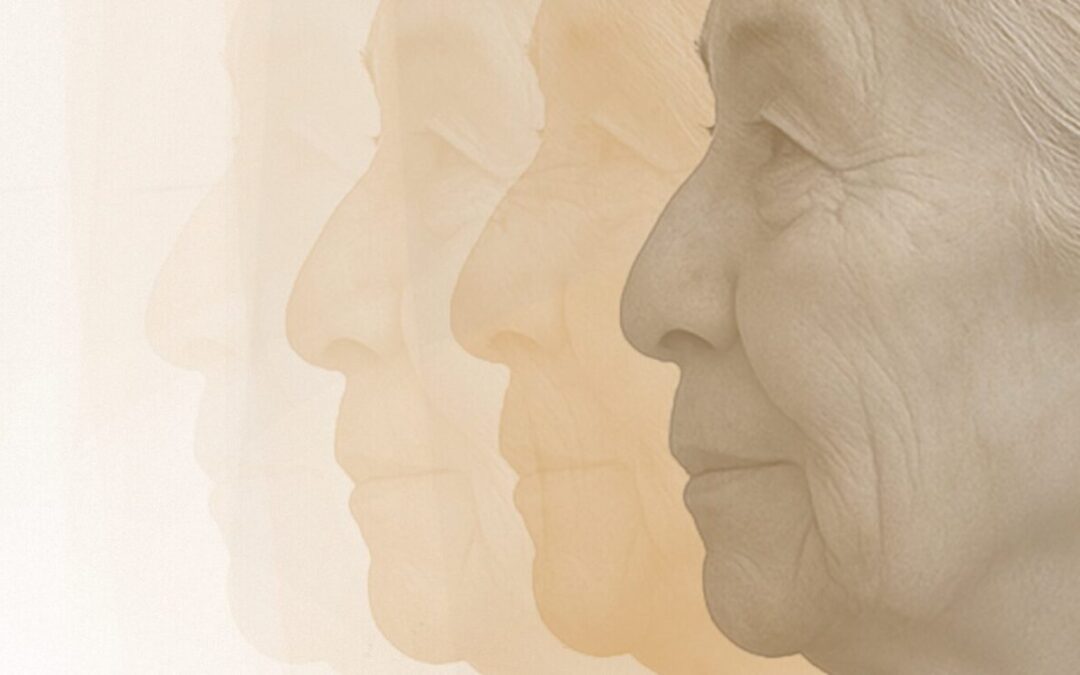For many Tribal Nations, Purchased/Referred Care (PRC) plays a critical role in ensuring access to specialty and emergent services that fall outside the scope of tribally operated health clinics. While PRC is a federally funded program, its success depends heavily on the Tribe’s ability to manage funding efficiently, enforce reimbursement rules, and negotiate effectively with outside providers.
At Blue Stone Strategy Partners, we recognize the challenges that Tribes face in managing PRC dollars—balancing limited resources with rising healthcare costs, while navigating complex federal regulations. Our team works side-by-side with Tribal health leaders to build stronger, more resilient PRC systems that honor Tribal priorities and sovereignty.
Advancing PRC Through Strategy and Policy
Effective PRC begins with strategic alignment. Blue Stone assists Tribal governments and health programs in evaluating PRC spending trends and aligning those expenditures with projected community needs. We help modernize PRC eligibility policies to ensure they reflect both Tribal priorities and values. Our support extends to improving internal workflows, so funds are used efficiently, with minimal waste and maximum impact.
Enforcing Medicare-Like Rates to Stretch Dollars Further
One of the most powerful but underutilized tools in PRC is the enforcement of Medicare-Like Rates (MLR) for non-hospital services. Blue Stone works with Tribes to ensure compliance with federal MLR regulations, reducing overbilling and enabling dollars to go further. Through claim audits, provider education, and system updates, we help Tribes recover lost funds and prevent future overpayments.
Unlocking Catastrophic Health Emergency Funds (CHEF)
When PRC cases exceed $19,000, Tribes may be eligible for reimbursement through the Catastrophic Health Emergency Fund (CHEF). However, securing those funds requires precise documentation and coordination. Our team supports Tribes in identifying eligible cases, training staff on submission protocols, and managing ongoing communication with IHS Area Offices to ensure claims are processed and reimbursed promptly.
Building Stronger Specialty Care Partnerships
Contracting with specialty care providers outside the Tribal health system often creates financial and operational risk. Blue Stone empowers Tribes to negotiate robust provider contracts that are MLR-compliant and include clear provisions for referrals, billing standards, and dispute resolution. We also help Tribes develop preferred provider networks that offer consistent, high-quality care aligned with Tribal goals.
Enhancing Third-Party Billing Coordination
PRC resources stretch further when third-party reimbursements from Medicaid, Medicare, and private insurance are effectively coordinated. We help Tribes align PRC operations with their third-party billing teams, optimize coordination of benefits (COB) protocols, and implement systems that recover external payments efficiently—reducing the burden on PRC funds.
Harnessing Data for Smarter Decision-Making
Data transparency is essential for effective PRC management. Blue Stone builds customized dashboards that allow Tribal leaders to monitor PRC costs, denial rates, approval trends, and compliance risks in real-time. These tools support audit readiness, guide budget forecasting, and highlight areas for policy improvement.
Protecting PRC for Future Generations
The sustainability of Tribal healthcare systems depends in part on how well PRC is managed and protected. With the right strategy, oversight, and tools, Tribes can take greater control of their PRC programs—ensuring every dollar supports better health outcomes, stronger specialty partnerships, and increased Tribal self-determination.
At Blue Stone Strategy Partners, we are honored to support Tribes across Indian Country in optimizing PRC operations. Through expert guidance and hands-on support, we help Tribes build sovereign, sustainable healthcare systems that serve their people with dignity and excellence.
